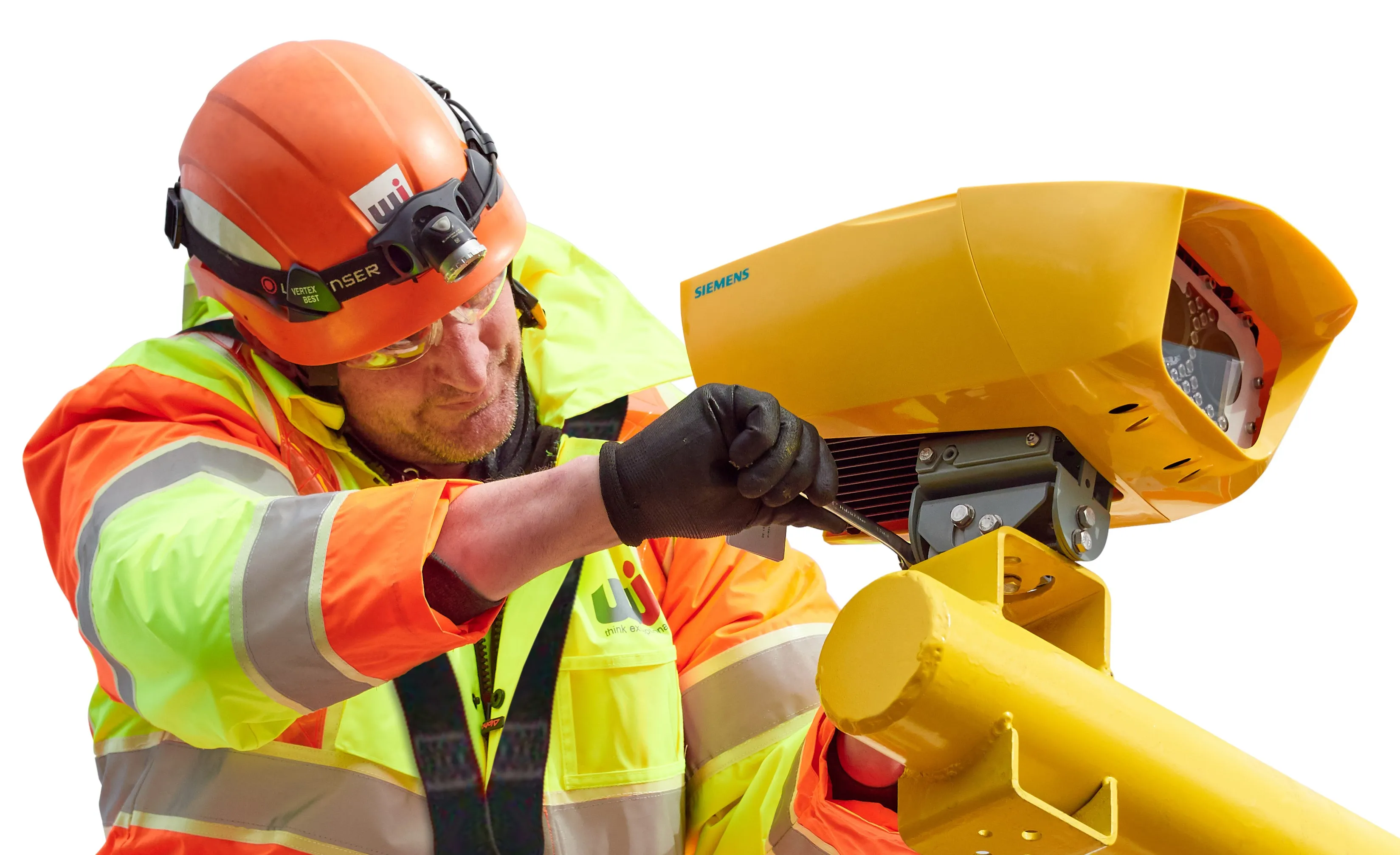
Siemens Mobility and Transport for London (TfL) have launched Sitraffic Fusion, an adaptive traffic control solution.
It will come into operation in the next few weeks, controlling a number of ‘living laboratory’ trial sites in London, managing signals at live intersections.
The new system uses data sources from various transport modes, including connected vehicles and buses, to optimise signalised junctions and pedestrian crossings "based on all road users’ needs".
London has managed traffic lights for the last 30 years using information gathered from inductive loops.
Siemens says Fusion is designed to work with a range of urban traffic control systems, adding that enabling all modes of transport to be modelled and optimised should help clean up the air, make walking and cycling safer, and help create sustainable public transport.
“We're working to overhaul the way we manage London's road network as we tackle some of the biggest issues London faces, such as poor air quality and congestion," says Glynn Barton, TfL’s director of network management.
Wilke Reints, MD of Siemens Mobility’s ITS business in the UK, called the trial "a major milestone" in the "high-profile showcase" of the UK capital.
“Although this is just the first manifestation of the new system, we are enormously excited by its potential and the degree of control that it will give transport authorities," he added.
Fusion was developed by Siemens Mobility in collaboration with TfL and supported by the University of Southampton.









